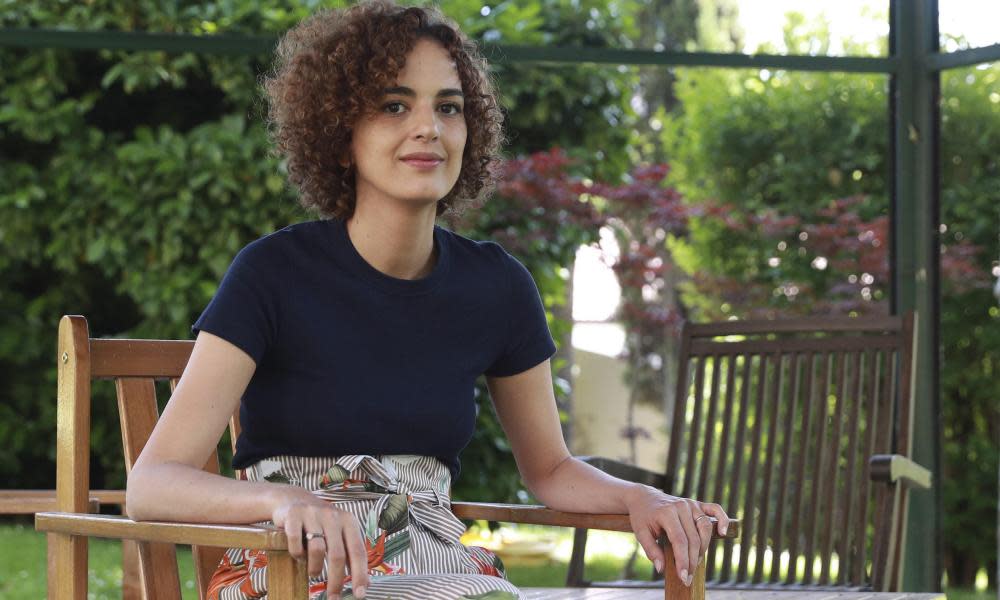French writers' coronavirus getaways prompt backlash

Leïla Slimani and Marie Darrieussecq may be two of France’s most acclaimed writers – but their accounts of life in lockdown in their second homes in the countryside have unleashed an outpouring of resentment among French readers, with one fellow writer even comparing Slimani to Marie Antoinette.
Slimani, who won the Prix Goncourt for her bestselling novel Lullaby, wrote in Le Monde of how she had left Paris and sequestered herself and her children in their countryside second home since 13 March, telling them that it was “a bit like Sleeping Beauty”. “Tonight, I couldn’t sleep,” she wrote. “Through my bedroom window, I watched dawn break over the hills. The icy grass, the lime trees on the branches of which the first buds appear.”
Darrieussecq, meanwhile, wrote in Le Point of how she hid her car with Paris number plates in the garage after arriving at her second home, using the older car that she keeps there to get around because “I feel it’s not good to drive around with a 75 on our behind”.
“Two hinds graze in our fallow garden,” she continues. “We go to see the sea. It beats, heavy, strong, indifferent. The beach is deserted. I have a vision of a planet without humans.”
As rural France turns its back on Parisians fleeing to the countryside, accusing them of spreading coronavirus, and while police checkpoints are set up to prevent city-dwellers from leaving to go to second homes during the Easter holidays, Slimani and Darrieussecq’s pieces received a less than warm reception from readers and fellow writers.
“Hey poor people,” tweeted the journalist Nicolas Quenel. “Is all well in your 15m apartment for three? To pass the time and take off the pressure of confinement, you can always read the journal of a writer in her family home in the countryside.”
In Brain, Félix Lemaître wrote that contemplating the horizon, as Slimani does in her piece, is a “class privilege”, and that the author’s photos of her country idyll have “a little taste of porn, of obscenity, for all those whose vision for the next few weeks will boil down to an inner courtyard or the building opposite”.
The Lullaby author’s experience of confinement in her half-timbered house in the countryside is “in a parallel universe dreamed up by the Grimm brothers”, wrote author Diane Ducret in Marianne.
“At the very least, we are not having the same experience. If for Leïla Slimani, confinement is like a fairytale, for me it is more like a picaresque novel. I am the picaro, of low social rank, without honour or marginal, yearning for freedom and hoping to survive by being resourceful,” wrote Ducret, adding that “Marie-Antoinette playing farmer in Trianon [in Versailles] could not have been further from the fear, the anguish of the people”.
“Our intellectual elites sometimes seem to me ungrounded, as if the French revolution did not take place in all areas, and that only a certain social class was authorised to express the taste of the time,” Ducret wrote.
“From my window, you can’t see the sky. The building opposite is dirty, the empty streets fill me with roaring anxieties. Being stripped by a virus in my 30s, dying alone, perhaps, in a two-room apartment, tempts me only moderately. It would have been less of a seller than the golden hills and camellias of Leïla Slimani, but it would have been more representative of what we are experiencing.”


